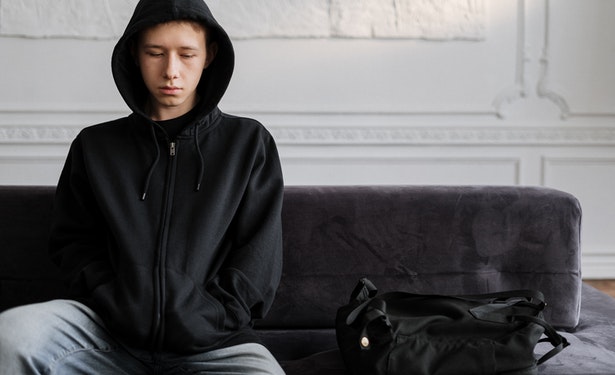The rise of gymfluencers a 'danger' for young boys
Date: Sunday 26 May 2024
How does the endless pursuit of physical perfection on social media affect teenage boys?
Constant exposure to sculpted bodies on Instagram and TikTok impacts teenage boys. These images set unrealistic standards, making boys feel inadequate.
Prolonged exposure leads to mental health issues. Anxiety and depression may arise from constant comparison. Obsessive dieting and extreme workouts put physical and mental health at risk. These behaviors can escalate into body dysmorphia and eating disorders.
Shielding our boys from these harmful images could make a difference. Teaching them to value character over appearance can help.
Experts weigh in on this growing concern.
The Rise of the Gym Influencer
A surge of fitness influencers on social media creates a culture of physical perfection. These influencers apply pressure on teenage boys. Often, their content pushes workout programs and supplements through provocative visuals.
Danielle Rowland from the Butterfly Foundation notes boys increasingly objectify themselves. Intense training advice and inaccurate nutrition information contribute to this trend.
Anthony Lee, a recent high school graduate, noticed his social media feed change significantly. Influencers promote unrealistic body ideals and extreme diets, urging boys to pursue unattainable physiques.
Josh Ward from Tomorrow Man points to a rise in boys discussing body image issues. He attributes this to the increase in fitness content over the past five years.
False Ideals and Mental Health Risks
Ivanka Prichard warns that daily exposure to fitness content harms self-esteem and mental health. AI-altered and digitally enhanced images set unattainable beauty standards.
Scott Griffiths from the University of Melbourne identifies muscle dysmorphia—an obsession with muscle size—as a significant concern. This disorder affects daily life by making individuals excessively concerned about their physique.
Fitness content creators like Brian "Liver King" Johnson, who admitted to steroid use, reinforce misleading information. Often, their advice contradicts national health guidelines, raising safety concerns.
Blurred Lines in Gym Culture
Joshie Glover from Man Cave sees positive aspects of gym culture but warns about its obsessive tendencies. Many boys, bullied for their weight, see gym workouts as a solution. This motivation often stems from ridicule rather than healthy aspirations.
Andrew Tate, facing severe criminal charges, is another toxic influence. Boys admire his perceived discipline, confusing it with his gym-centric lifestyle.
Navigating the Influencer Minefield
Parents and educators face a tough task guiding boys away from harmful influencers. Many fitness influencers lack proper credentials but still offer health advice.
Ms. Rowland and other experts emphasize discussing the content boys consume online. Boys as young as ten compare their physiques, driven by a culture that prioritizes looks. This obsession harms both mental and physical health, undermining academic performance and relationships.
At Brothers in Arms, we work to prevent male suicide. Our principle is "Prevention through self-management." At Blethr, we offer a non-judgmental, always-available digital buddy to help with mental wellbeing. Join over 2,000 men who use our digital therapy platform and another 3,000 who engage with our support content. Our mission is to transform male mental health.
For a deeper understanding, get the full story on ABC News: ABC News【https://www.abc.net.au/news/2024-05-16/the-rise-of-gymfluencers-a-danger-for-young-boys/103854998】.

